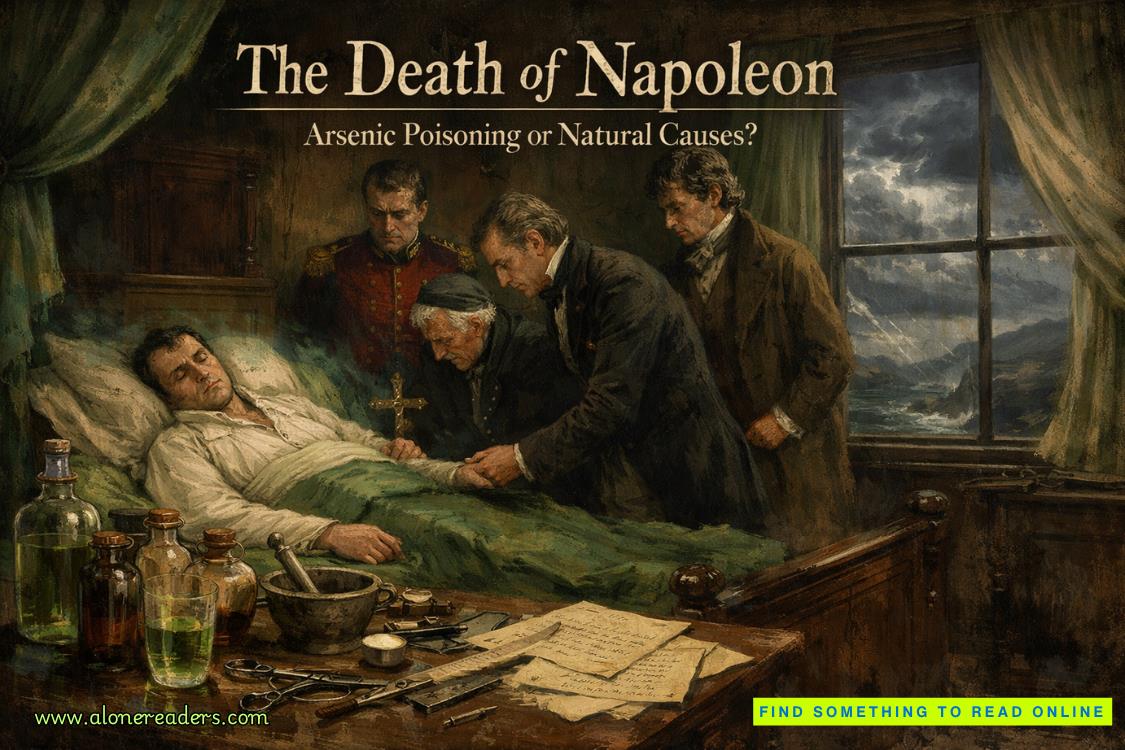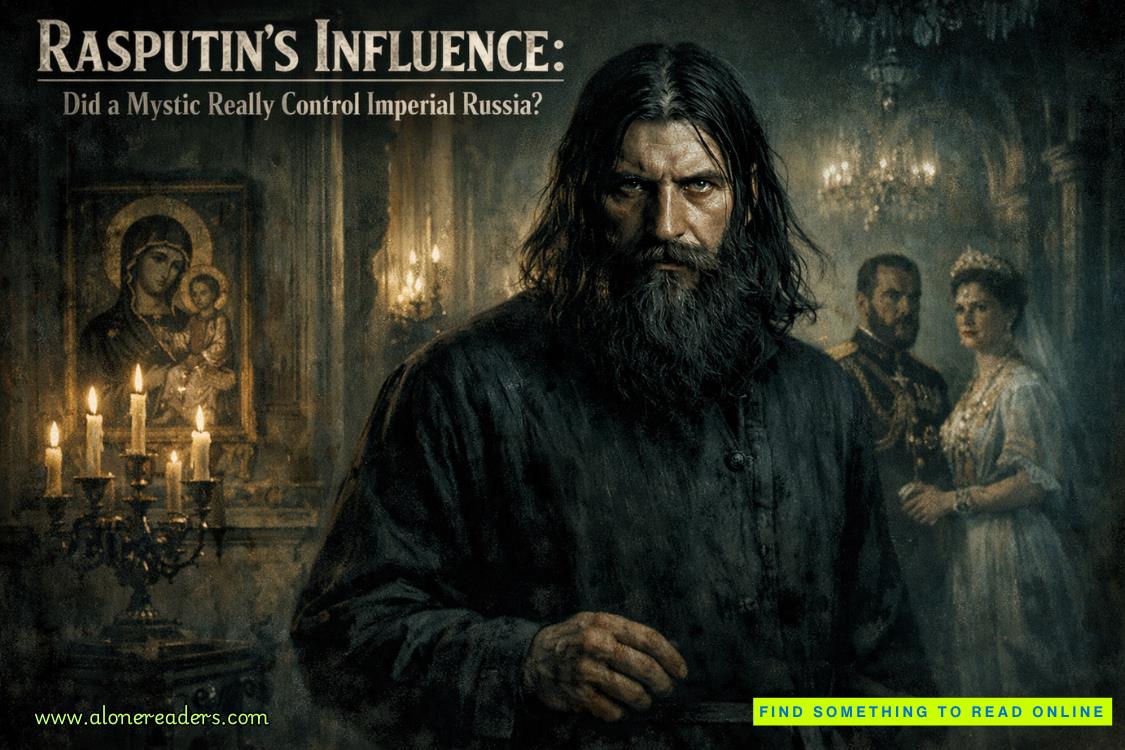She stopped that thought before it could settle. His silence stung, but it was his loyalty to Barrington that had tied his hands, not a lack of caring.
Still, she needed answers. And this time, she wouldn’t ask permission.
She stood before the mirror in her room, fingers gripping the sides of the washstand as if bracing against the tide of her own uncertainty. Her reflection stared back. She was drawn and pale, but steady.
“You must go,” she whispered. It felt foolish, speaking aloud, but there was no one else she could say it to. No one else who might offer courage. She straightened her shoulders and lifted her chin. “You’ve done harder things.”
Still, her hands didn’t feel brave. Her breath stuttered as she reached for the basket. Maybe courage wasn’t boldness at all. Maybe it was doing the next thing even while afraid.
And if not, if she hadn’t been brave before, then perhaps this moment, this choice, this quiet action in the face of fear would be her first true act of courage.
With one last glance, she turned and crossed the room, her steps quiet and firm. It was time.
She opened theSommer Sentinelagain, fingers smoothing the page more out of habit than need. She’d read the article twice already, but this time, she read between the lines.
Two boys rescued from a coastal cave, the tide rising behind them. They’d wandered in with a stick and a tin spyglass, claiming dragons, treasure, and a cave that “breathed with the sea.”
The reporter called it whimsy. But Mary-Ann had learned to listen differently.
Disturbed stones. Broken boards were swept to one side. A faint marking “dwa,” almost lost to salt and time. She’d seen it before, in Hamish’s ledger. But here, in stone, it confirmed what she’d only suspected.
Redwake.
The sea hadn’t washed everything away. And what remained, remained for a reason.
*
She left thehouse just past noon, claiming an errand and choosing her moment carefully. The air in the sitting room had grown drowsy. Lydia was half-asleep in the corner chair, a half-embroidered napkin drooping from her lap and her head lolling slightly to one side. She murmured something unintelligible as Mary-Ann passed but didn’t stir. Good. The woman had a habit of dozing when not watched, and Mary-Ann had quietly begun cataloging the fact.
Her father had retreated to his study, the door shut tight. Mrs. Bainbridge had gone to the seamstress, armed with stern opinions and a fraying patience.
Mary-Ann crossed the hall with quiet purpose, each step carefully placed. At the last moment, she turned back, retrieved the folded newspaper from her father’s desk, and tucked it into the basket beneath her gloves. One last look. Just in case.
Mary-Ann wore her sturdiest boots and a walking coat she hadn’t used in weeks. In a small basket, she carried a folded oilskin, a pair of gloves, and a lantern she’d prepared in advance. The wick trimmed, oil-filled, and a small flint striker tucked into the base. She’d tested it earlier that morning behind the greenhouse, striking the flint until the wick caught with a tiny bloom of light.
She took the long path past the edge of town, passing under a crooked arch of hawthorn branches, then followed a sheep trail that twisted downward from the cliffs toward the beach below. It was steep, uneven, and damp from the morning mist. Brambles clawed at her skirts, and the sole of her right boot slipped once on a patch of shale, sending her heart into her throat.
She paused there, steadying herself on a jutting stone. The wind had picked up, tugging at her bonnet and making the edges of the basket bump against her hip. Still, she kept going.
The sea stretched out ahead, silver-gray and restless. And there, half veiled by a bend in the stone, the cave.
Her hands trembled slightly as she descended the last dozen steps, which were more worn down by water than by human feet. The shore here was littered with smooth pebbles and the occasional tangled net.
The cave’s opening loomed ahead, dark and wide against the pale sand, tucked beneath a jagged overhang. The wind had died here, and the silence settled like fog.
She hesitated. Fear pricked her, sharp and sudden. What if someone was already inside? What if she found something she couldn’t explain? Or worse. What if she found nothing at all?
She hovered at the edge, where light met dark, unsure if she was about to step into clarity or vanish completely. The air changed here. It always did before something important happened.
She exhaled slowly and pulled the lantern from her basket. Her fingers shook as she struck the flint, once, then twice. The wick flared to life, casting an amber halo around her feet.
One step. Then another. She stepped inside. The cave swallowed her whole.
The air shifted instantly. It was cooler, damp, and tinged with the smell of salt and earth. Her footsteps echoed softly, brushing up against the stone walls like whispers. The lantern’s glow reached only a few feet ahead, the rest consumed by shadow. Her pulse tapped against her throat.
Every childhood story about smugglers and secret passages returned in half-formed fragments, except this wasn’t a tale. This was real. Her breath caught as the sound of the sea filtered through the stone. It wasn’t a roar, but a rhythmic hush, as if the cave itself were breathing.
She hesitated, the silence pressing in around her, then she moved forward, deeper into the dark.















